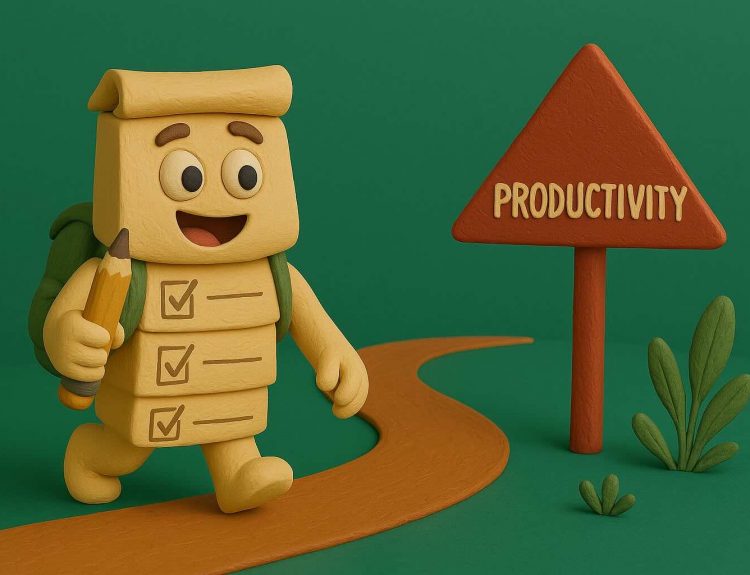Why Can’t You Remember Being a Baby?
Have you ever wondered why you can’t recall anything from your infancy?
A groundbreaking study published in Science suggests that while babies are capable of encoding memories, they are unable to retrieve them later in life. This phenomenon, known as infantile amnesia, has puzzled scientists for decades.
The new research provides deeper insights into how the baby brain processes and stores memories—and why these memories become inaccessible as we grow older.
The Study: How Babies Encode Memories
Researchers at Yale University examined 26 infants aged between 4 and 24 months using fMRI technology. They split the infants into two groups: those younger than 12 months and those aged 12 to 24 months.
Each baby was shown a series of unique images for two seconds at a time while researchers tracked their brain activity in the hippocampus, the brain region responsible for emotions and memory.
After a brief delay, the infants were presented with two images side by side—one they had previously seen and one that was new. Scientists monitored their eye movements, noting which image they focused on longer.
If an infant spent more time looking at the familiar image, it suggested memory recall.
Key Findings: Infant Memory and Brain Development
- The hippocampus showed increased activity in older infants when encoding memories.
- Only babies aged 12 months and older displayed activity in the orbitofrontal cortex, which plays a key role in decision-making and memory recognition.
- Babies younger than 12 months had less developed memory retrieval, possibly due to the rapid anatomical growth of the hippocampus at this stage.
- Scientists speculate that the brain may lack the proper “search terms” to retrieve memories encoded in infancy, explaining why we experience infantile amnesia as adults.
What This Means for Parents
Even though babies won’t remember these early experiences, they are still learning and forming associations.
This is evident when parents read the same book or sing the same song, as babies begin to recognize patterns.
Engaging in repetitive activities helps strengthen cognitive development and emotional bonding.
Related Source Links:

Did You Play Sky Jumper Today?!
Test your reflexes in Sky Jumper! How far can you go? Click below to play now.
Play Now






